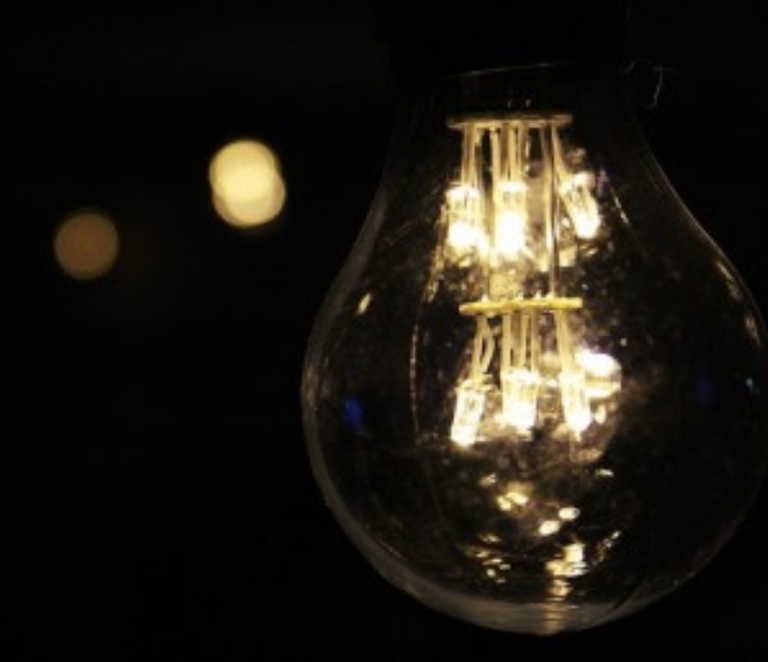No sleep disturbance due to artificial lighting
Non-electric light, but other influences of urbanization, may be responsible for the poor sleep quality of many people

Electric light is suspected of causing sleep disturbances.
Guildford (Great Britain) - The possibilities of artificial lighting have made the activity rhythm of man more independent of the natural day-night change. However, the lifestyle as a whole is also regarded as a cause of sleep deficit and sleep disorders. Now an international research team has examined in a direct comparison to what extent the electrification actually changes the sleep behavior. The study in the South-East African state of Mozambique involved residents of two neighboring settlements, only one of which was connected to the electricity network. Contrary to expectations the daily sleep duration of the two groups did not differ, reports the scientists in the scientific reports. The inhabitants of the electrified settlement had even higher sleep quality, which was probably due to more comfortable beds.
"We will probably never know exactly how our ancestors slept," says Laura Roden of the University of Cape Town. "But as urbanization is progressing around the world, it is important to examine how the habits of sleep change." For their study, the researchers selected a district in Mozambique, where 93 percent of the population lived in rural areas and only 2 percent used electricity could. They compared the daily activities of the inhabitants of a rural settlement without access to the electricity network with those of a settlement 30 km away where people could also trade and use electricity. A total of 74 adults participated in the study. A so-called actometer, worn on the wrist for two weeks, recorded the movement activities of each individual and also recorded the light intensity of the environment.
Those who could use artificial light went on average about an hour later than the others. However, this meant that only the start of sleep was postponed, the overall sleeping period was the same for an average of 7.5 hours for both groups. "Our results show that it is not just electrification when people in the industrialized countries sleep less," says Malcolm von Schantz of the University of Surrey, one of the leading scientists of the working group. The step from a shifted to a shortened sleep time apparently comes only through additional behavioral changes.
The sleep quality determined by the actuators indicated that the people who used artificial light slept even better than the comparison group. Possible causes in the present case include the use of mattresses instead of blankets as sleep pads and a work activity that is less physically less stressful compared to field work. Some aspects of life in the modern city, according to the authors, can have a positive effect on sleep.
For those who are little in the open and in the evening are still exposed to long artificial light - as is customary for today's city dwellers - this can affect the natural regulation of sleep and wake-up times by the internal clock. But in industrialized countries, several additional influences of modern life have an impact on the duration and quality of sleep, including noise pollution, coffee consumption, the use of television and the Internet, and the nature of the professional activity.
Congratulations @larfus! You have completed some achievement on Steemit and have been rewarded with new badge(s) :
Click on any badge to view your own Board of Honor on SteemitBoard.
For more information about SteemitBoard, click here
If you no longer want to receive notifications, reply to this comment with the word
STOP